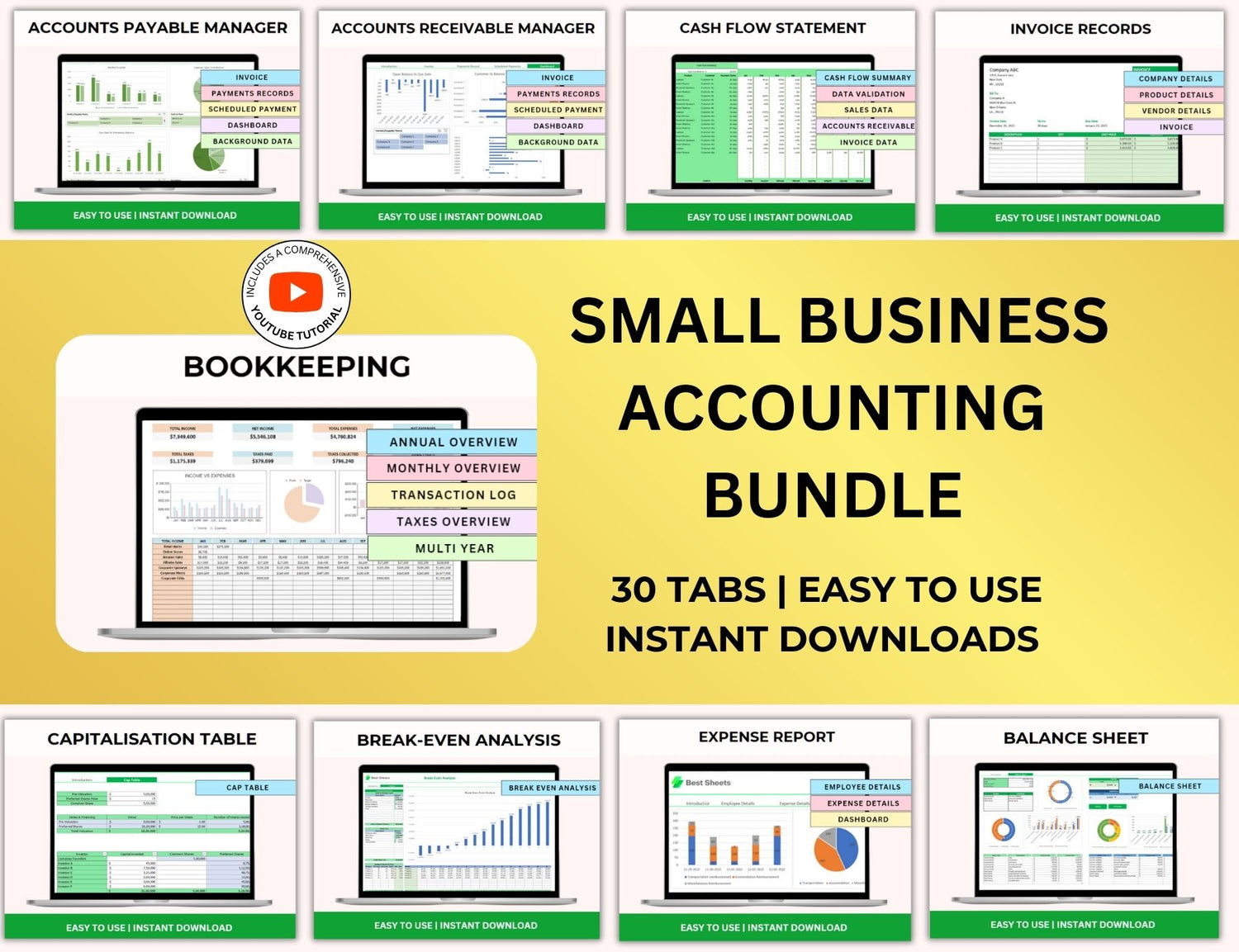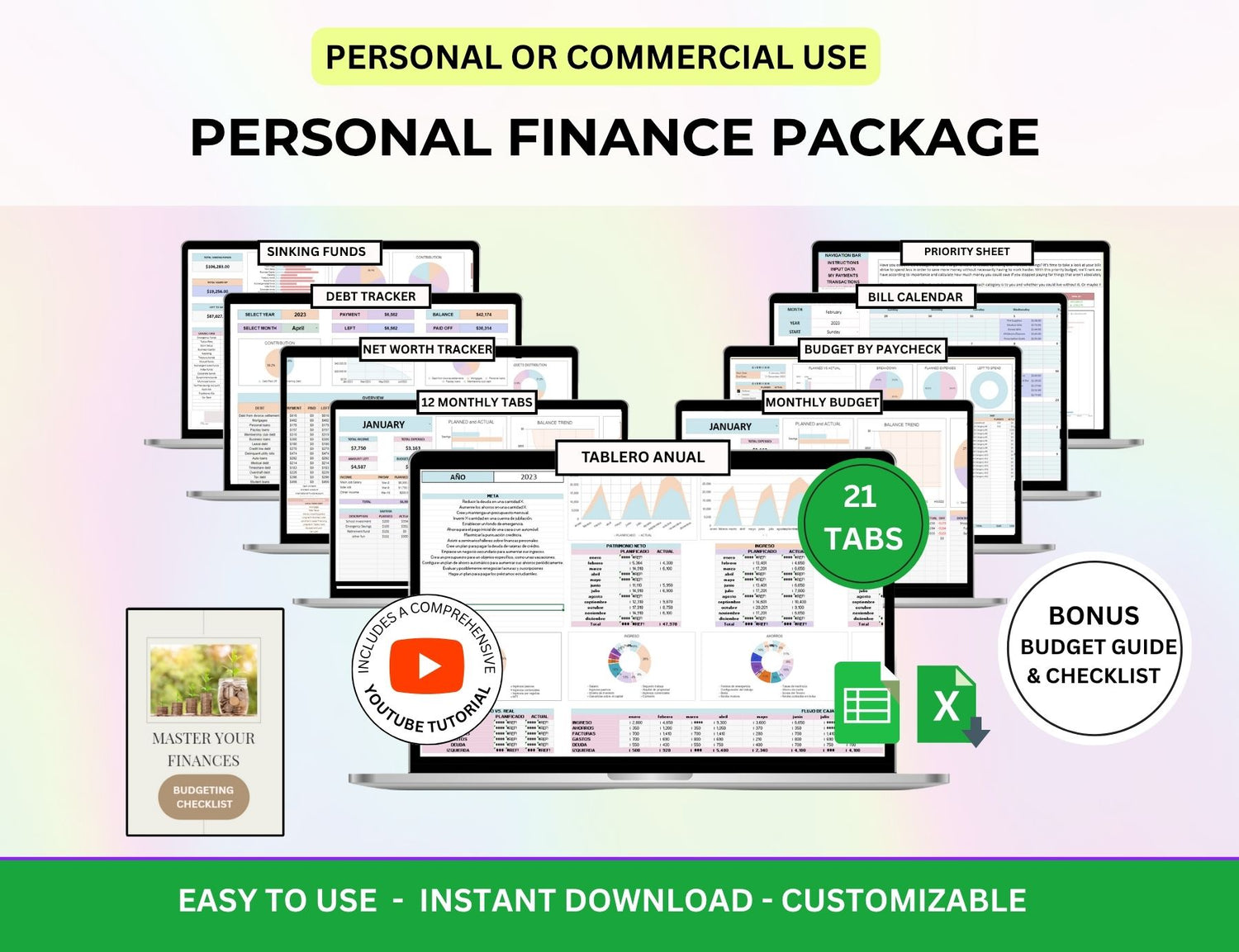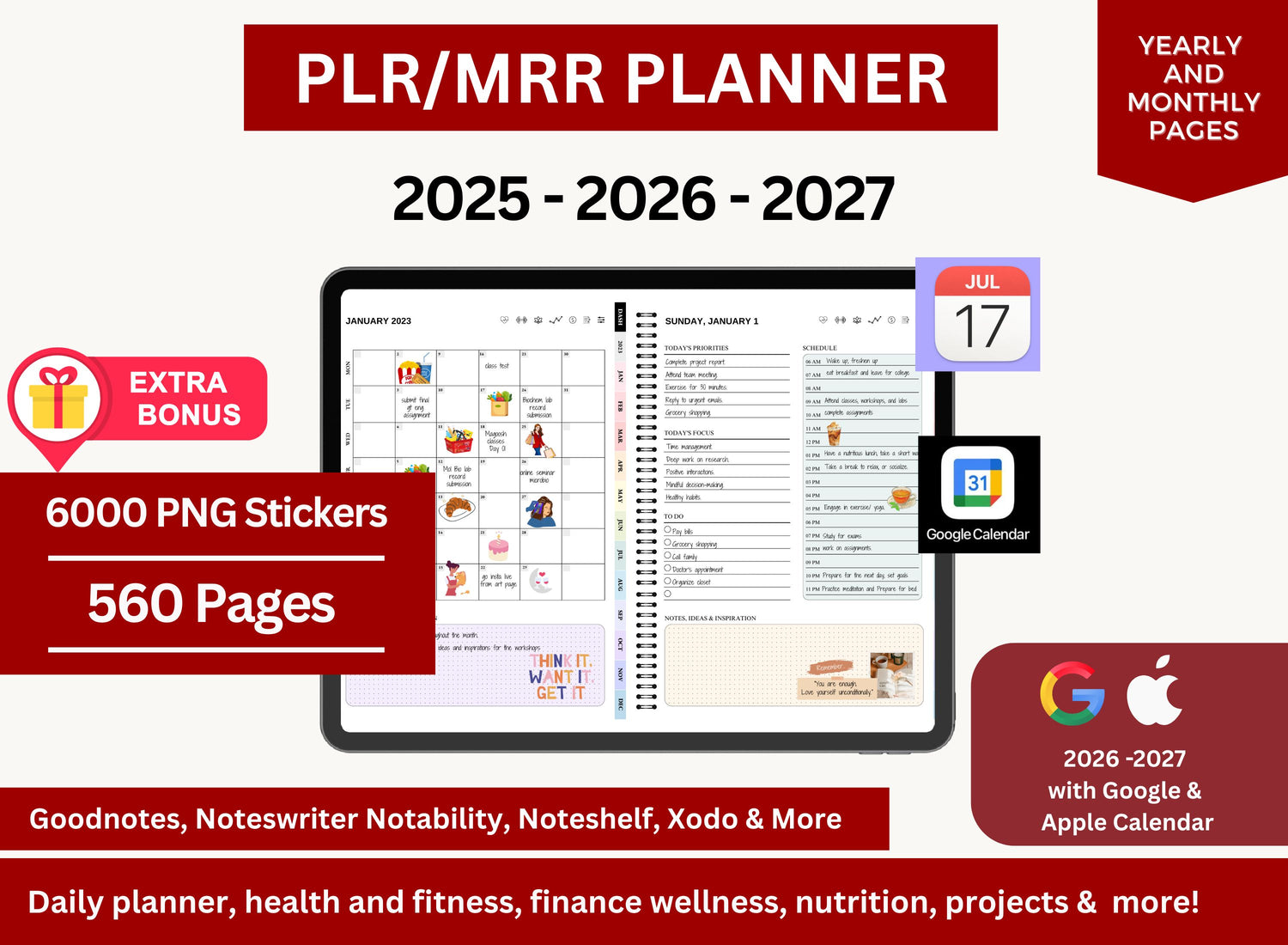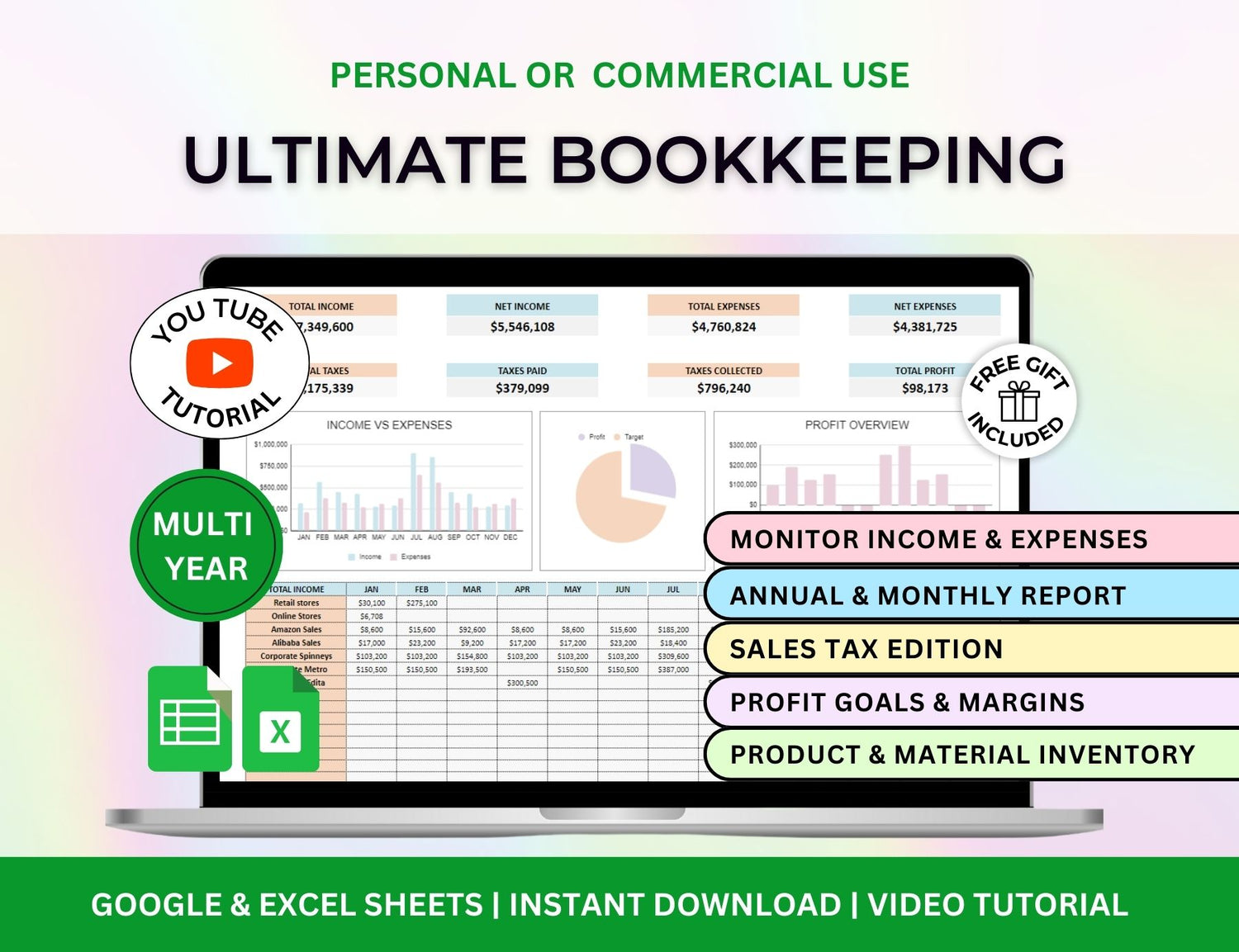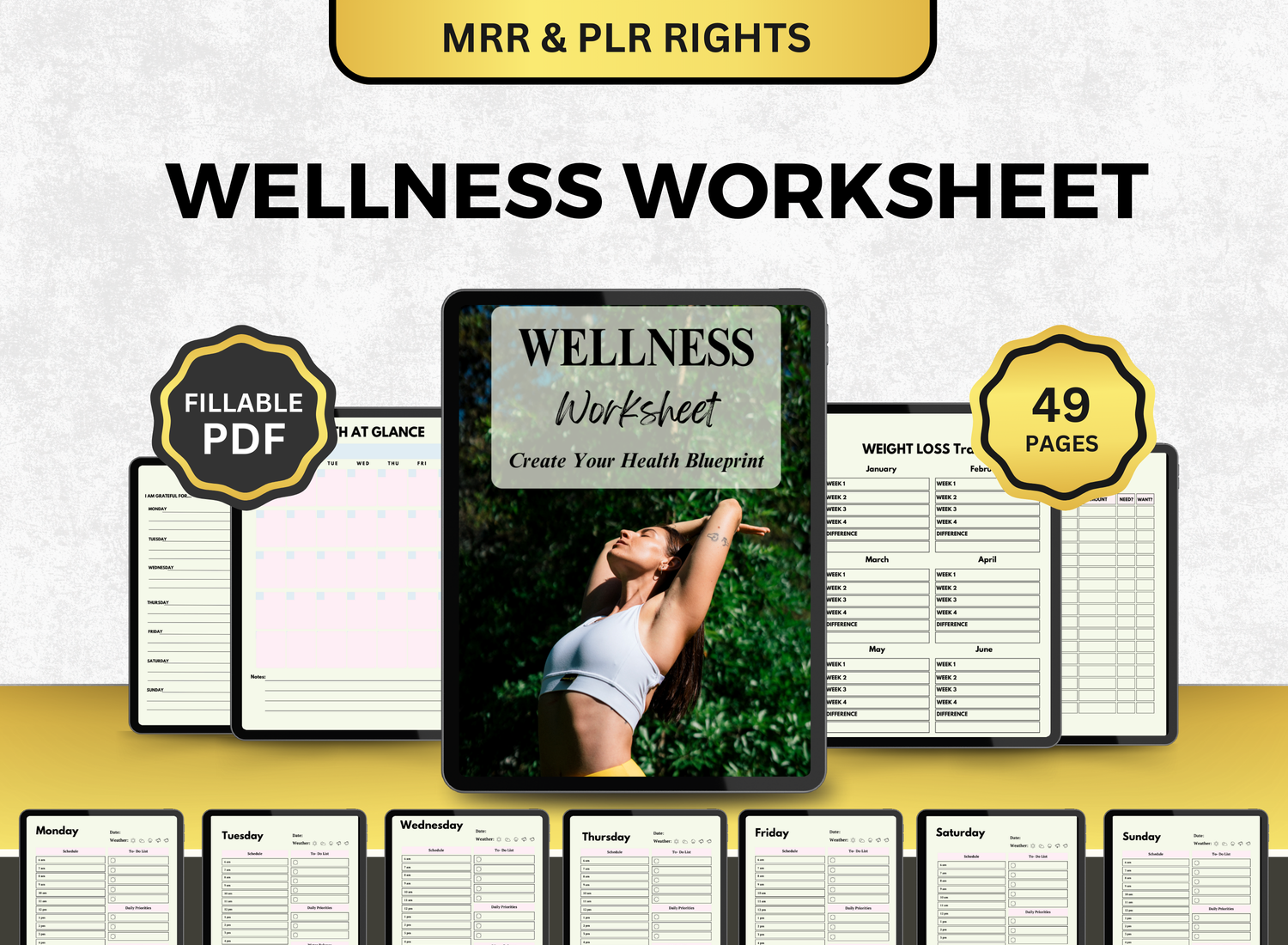I Tried Running an Airbnb for 6 Months — Here’s What No One Tells You About Rentals
It started as a small idea—just a way to make use of the guest room that had, until then, mostly housed boxes I never got around to unpacking. Airbnb seemed like the obvious choice. Everyone was doing it. People I knew were making side income. Some even claimed it paid their mortgages. I figured, how hard could it be?
That was six months ago. I’m not saying I regret it, exactly. But if you’re thinking of jumping into short-term rentals, I think it’s only fair someone gives you a less-polished version of what it’s really like. So... here’s mine.
At first, the promise of Airbnb feels deceptively simple. You list a space, clean it up, snap a few nice photos, and people come stay. And in return? You get paid. Easy, right?
The thing is—it’s not. Not really. Sure, the money comes in. But the work? That starts to add up faster than you expect. The first month, I was still enthusiastic. I checked in with guests, folded towels just so, maybe even lit a candle before their arrival. It was kind of fun. Like playing hotel manager.
But things shift. You find out quickly that not everyone treats your home like it’s, well, a home. One guest left the bathroom sink running. Another tried to smoke indoors, despite the “no smoking” sign. Tiny things, but enough to wear you down over time.
Let’s talk about money. Yes, you do earn. Some months looked good—I won’t pretend otherwise. But then there’s everything else: utilities inching up, cleaning supplies (I was going through paper towels like you wouldn’t believe), restocking toiletries, and don’t even get me started on repairs.
One guest chipped a tile in the shower. Another somehow broke the coffee table leg? I still don’t know how. Airbnb has host protection, yes, but the claim process isn’t always smooth. And sometimes, it doesn’t feel worth the back-and-forth. So, you eat the cost.
Eventually, I started tracking my numbers more carefully—and using a spreadsheet saved me. Something like a real estate spreadsheet bundle honestly would have been a game-changer earlier on. When you're juggling booking dates, cleaning schedules, expenses, and random repairs, organization stops being optional. It becomes the thing that keeps you sane.
This was something I didn’t anticipate. You start to feel like a guest in your own space. Even when no one was staying over, I found myself tiptoeing around. I worried about leaving dishes out or making noise, as if the next guest could arrive any moment.
There was one weekend where I blocked out the calendar just to breathe. No guests. Just me and the silence. I remember sitting on the couch, realizing how weird it felt to relax in my own living room again. That moment stuck with me more than I expected.
What they don’t tell you? Airbnb hosting becomes a low-grade background stress. Always. There’s always something: a message to answer, a minor emergency, a door code issue, or someone who can’t find the Wi-Fi password you left in three separate places.
I would lie in bed at night and think, Did I forget to take out the trash before the guest arrived? Did I replace the batteries in the remote?
And if you work full-time or have a family or—frankly—just want to have a life outside managing a micro-hotel, this can start to feel like too much. Even with a cleaning service or automation tools, there’s still this underlying mental load.
Now, I’m not blind to the bigger picture here either. The rise of Airbnb has come with serious ripple effects. In many cities, short-term rentals have contributed to housing shortages, making it harder for locals to find long-term homes.
While I didn’t think much of it when I listed my space, I found myself questioning it later. Am I contributing to the rentals crisis? Technically, mine was a spare room. But still. It makes you think about the ethics of it all.
Cities like New York and San Francisco have clamped down on short-term rentals, partly for this reason. There’s growing awareness, and honestly, that’s a good thing. Airbnb itself has been under scrutiny, and hosts are being pushed to play by new rules.
And maybe that’s fair.
That said, not every story is a hassle. Some guests made the whole experience feel worthwhile. One woman left me a handwritten thank-you note and a tiny box of chocolates. Another asked me for local recommendations, and we ended up chatting for nearly an hour about art and coffee and city life.
There were small moments like that. Unexpected and strangely lovely. They reminded me why people get into this in the first place.
But I think the issue is... those moments are rarer than you’d hope.
There came a point around month four where I realized I was waking up anxious before guest check-ins. Not because anything was wrong. Just because I felt like I had to be perfect. Clean home, fast replies, all the little touches.
And maybe it’s my personality, but I couldn’t turn that pressure off. Hosting wasn’t something I could do halfway. And that meant constantly adjusting, cleaning, double-checking, smiling.
I started using a planner—something simple at first, then more detailed. I now recommend things like an Airbnb tracker to anyone getting into rentals. It’s not glamorous, but tracking income, cleaning cycles, and recurring issues gave me a better sense of control.
Because when you’re playing host, landlord, cleaner, and customer service all at once? Something has to give.
Would I do it again? I don’t know. Maybe. But I’d do it differently.
I’d start smaller. I’d automate what I could earlier. I’d set firmer boundaries with guests and myself. And I wouldn’t go into it thinking it’s an easy side hustle. It can be rewarding, sure. But also exhausting. And sometimes a bit isolating.
There’s no one-size-fits-all answer here. Some people thrive as Airbnb hosts. They love the dynamic nature of it, the people, the change. Others find it depleting.
I guess what I learned is... it's okay if it’s not for you. Even if everyone around you is doing it, or the numbers look good, or it seems like a smart way to leverage your property.
Sometimes, keeping your space to yourself is worth more than any five-star review.
Sources and Further Reading:
- The Guardian: "Airbnb’s role in housing crisis"
-
Bloomberg: "Short-Term Rentals Face More Regulation in 2025"




